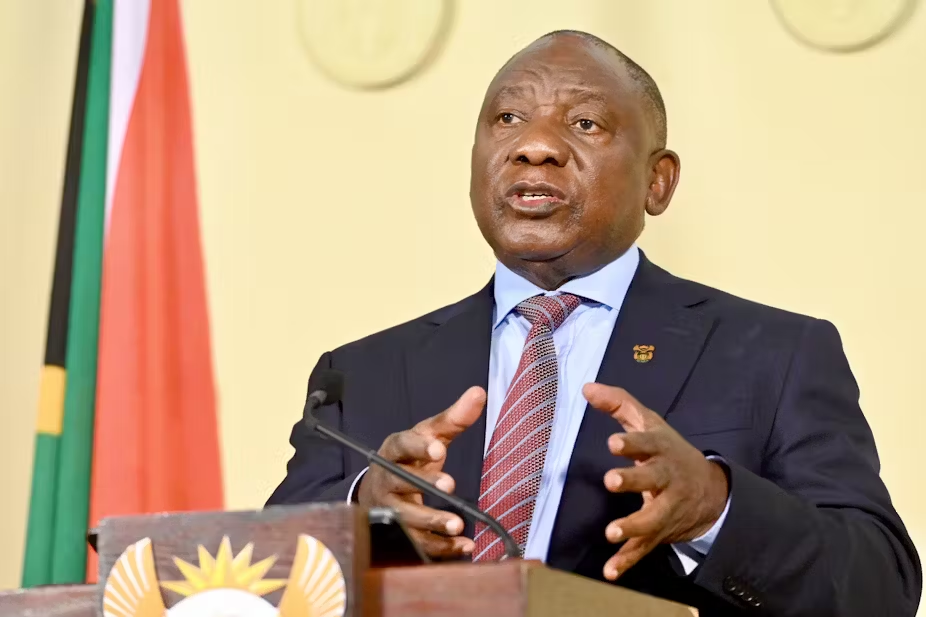In a move that has sparked intense debate, President Cyril Ramaphosa has signed the Expropriation Bill into law, repealing the pre-democratic Expropriation Act of 1975. This legislation has been at the centre of controversy since the Zuma era, with opponents claiming it undermines property rights and could lead to economic instability.
The Expropriation Bill has undergone a five-year process of public consultation and parliamentary deliberation, aiming to align legislation on expropriation with the Constitution. Section 25 of the Constitution recognizes expropriation as a mechanism for the state to acquire property for public purposes or in the public interest, subject to just and equitable compensation.
Despite concerns from opposition parties, such as the Democratic Alliance (DA), Ramaphosa’s administration has pushed forward with the bill. The DA has criticized the legislation, claiming it is unconstitutional and poses a direct threat to the Bill of Rights.
Ramaphosa’s signing of the bill is seen as a strategic move to outshine his opponents, particularly former President Jacob Zuma, who has been critical of Ramaphosa’s leadership. By passing this legislation, Ramaphosa aims to demonstrate his commitment to land reform and economic transformation, key issues in South African politics.
As the bill becomes law, local, provincial, and national authorities will be empowered to expropriate land in the public interest for various reasons, including promoting inclusivity and access to natural resources. However, the implementation of this legislation will be closely watched, and its impact on the economy and property rights will be intensely debated.
Maverick Point








13 thoughts on “Breaking News: Ramaphosa Signs Expropriation Bill into Law Amidst Controversy”